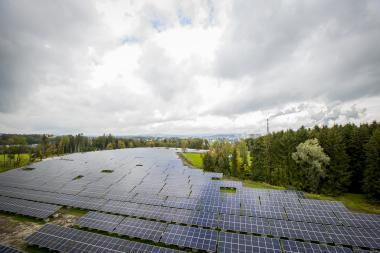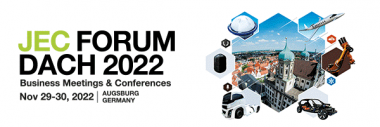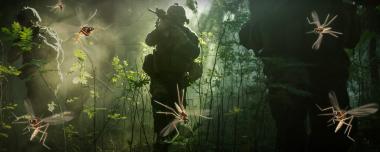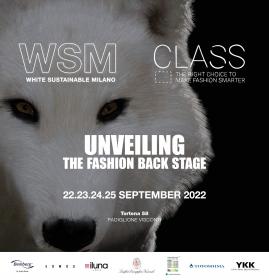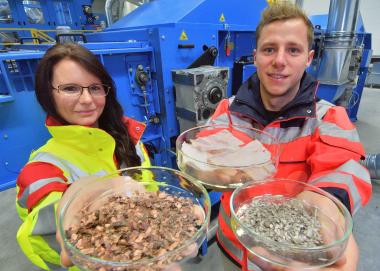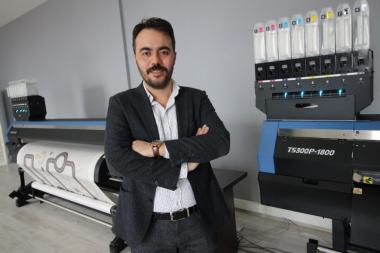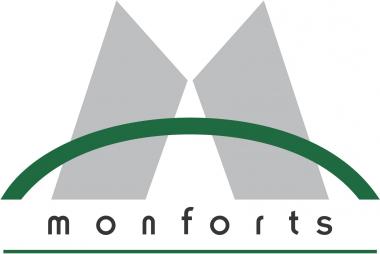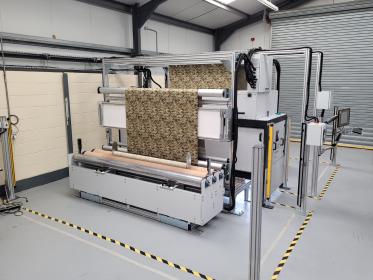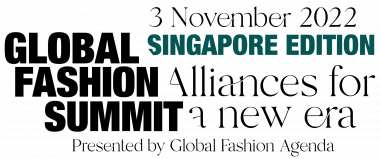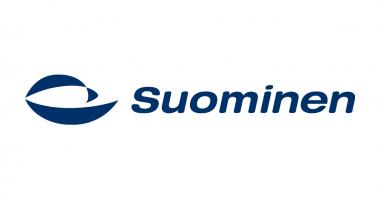Lenzing: Ground-mounted photovoltaic system becomes operational
The Lenzing Group and VERBUND, an energy transition company, launched the first development stage of the largest ground-mounted photovoltaic system in Upper Austria. Together with its energy partner VERBUND, Lenzing is also paving the way for the transition to zero-emission mobility. The installation of electric vehicle charging infrastructure at the company’s premises underlines Lenzing’s commitment to the energy transition process.
Thanks to the ground-mounted photovoltaic system at the “Ofenloch” landfill site, Lenzing, in conjunction with VERBUND, is consistently moving forward on the path to a carbon-free energy supply and has commissioned the first half of the new photovoltaic system with a peak power of 2,780 kWp. Full commissioning of the system with a peak power of 5,560 kWp is envisaged in mid-October. Annual electricity production will amount to 6,000,000 kWh, which is expected to cut CO2 emissions by some 4,400 tonnes per year. The Austrian pioneer in fiber production already commissioned three rooftop photovoltaic systems in spring/summer of 2022, with a peak power of 1,454 kWp and annual electricity production of some 1,508,000 kWh. The electricity flows directly into the company’s on-site production and will also power electric charging stations in future. In the first development stage, 16 wallboxes are set to be installed by the end of the year. A further 32 charging points are planned for 2023. The charging stations will be accessible to staff, visitors and the company’s own vehicle fleet.
“VERBUND’s photovoltaic operator model allows us to make the transition to solar power without incurring investment costs or risks. Thanks to the constant expansion in renewable energy, we remain on course to ecologize the value chain, while optimizing our carbon footprint, cutting costs and reducing the load on the grid, as we are using nearly 100 percent of photovoltaic power in our production,” explains Christian Skilich, Chief Pulp Officer of the Lenzing Group.
Lenzing AG


